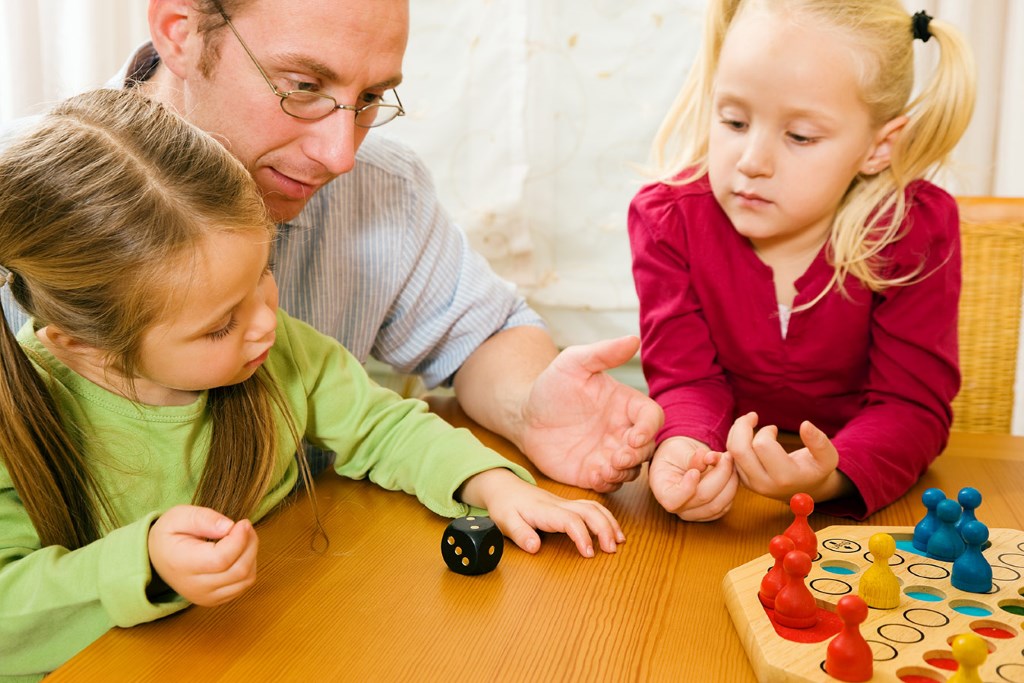Research Spotlight: Cog-Fun Therapy for Children with ADHD
By Jeri Hahn-Markowitz, Registered Occupational Therapist
What is this study about?
In this research study, 99 children medically diagnosed with ADHD and their parents received an integrative occupational therapy intervention called Cog-Fun. Treatment aimed to provide executive strategies and environmental supports and modifications to help perform daily occupations (typical activities) found to be challenging for the children, in a supportive therapeutic environment. The objectives of the study were to examine Cog-Fun's impact on the child's overall executive functions (EF), ADHD symptoms and quality of life (QoL), as rated by parents and teachers. Children were randomly assigned to intervention or waitlist control group. The former received Cog-Fun following initial assessment, whereas the latter received it after a 3 month wait period and Assessment 2. Outcomes for both groups revealed a statistically significant improvement on all parent measures after treatment. However, according to teacher-rated questionnaires, improvement after treatment was reported only for non-medicated children, whereas the scores of medicated children slightly worsened.
[caption id="attachment_7378" align="aligncenter" width="1024"]
What is Cog-Fun?
Cog-Fun is an integrative intervention in occupational therapy that aims to promote the acquisition of basic executive strategies (inhibition, effort recruitment and persistence, monitoring and planning) among children with ADHD. The strategies are learned in a playful therapeutic setting, practiced in games in activities and transferred to use outside the clinic according to individualized functional goals that are meaningful to the child and parents. The strategies were designed to compensate for the neurocognitive barriers to participation. For example, the "effort recruitment" strategy is acquired in games such as Tug of War and then transferred to a functional activity that is challenging to the child, such as remaining engaged while playing a game with a friend.
Parents are integral partners in Cog-Fun, participating in each therapy session and helping to transfer treatment principles so that the child is better able to monitor his behavior and performance outside the clinic. Over the course of treatment, parents learn to provide supports, such as positive verbal mediation and checklists, and modifications, such as reducing clutter and distractions for their child in the home environment, in order to promote the transfer of strategies and successful occupational performance at home. The supports and modifications supplement strategy acquisition and may aid to enhance motivation, as strategy use requires effort. Parents learn by observing the therapist and by their own participation and are encouraged to use techniques they acquire, during play with their child and in other daily activities at home. In addition, it is recommended that they praise their child's efforts to use the strategies in appropriate contexts.
Who can treat children using Cog-Fun?
Licensed occupational therapists (OTs) with Cog-Fun certification may administer this manualized treatment approach. Successful completion of a 6-month training course, currently given in Israel*, is required for certification. The training includes theory as well as 4 months of fieldwork, supervision, and the presentation of a case study.
Take home message
Executive strategies acquired in treatment, coupled with parental support, may aid children with ADHD in coping with daily challenges they encounter in their various occupations. The results of this study lend credence to the efficacy of Cog-Fun on everyday functioning and quality of life.
Reference
Hahn-Markowitz, J., Berger, I., Manor, I., & Maeir, A. (2016). Efficacy of Cognitive-Functional (Cog-Fun) Occupational Therapy intervention among children with ADHD: An RCT. Journal of Attention Disorders. Advance online publication. DOI: 10.1177/1087054716666955
*The Cog-Fun training course for occupational therapists is given in the framework of the Program in Continuing Education, School of Occupational Therapy, Hadassah and Hebrew University of Jerusalem.
Michiel Bosman MD PhD
EMDR- and IFS-trained Psychiatrist
By using this site you agree to our terms and conditions. The Open Forest website is medical in nature and thus, may include health or medical information. This content is posted for informational and educational purposes only. Open Forest in no way engages in the practice of medicine and does not render medical advice. We do not provide asynchronous telemental health services or any other medical service. Nothing posted on Open Forest is intended to be used for the purposes of medical diagnosis or treatment. The use of Open Forest does not create a provider/patient relationship between a user and Open Forest. Users must always seek the advice of their physician or another qualified healthcare professional with medical questions. Users must agree to contact their healthcare professional or an emergency medical service, by dialing 911 when they believe they are experiencing a medical emergency.
